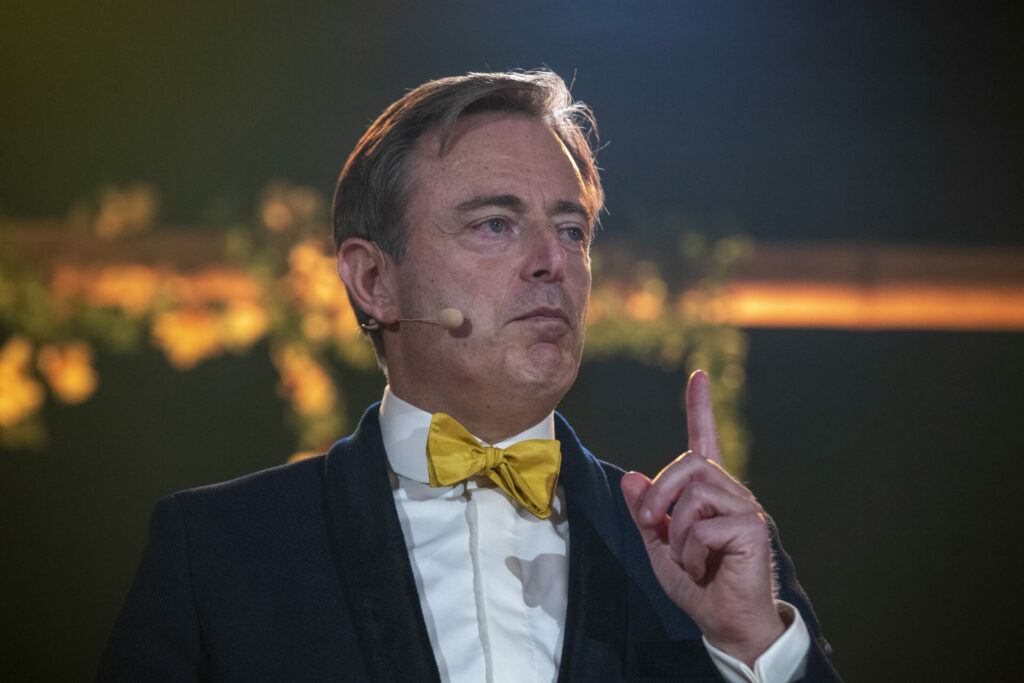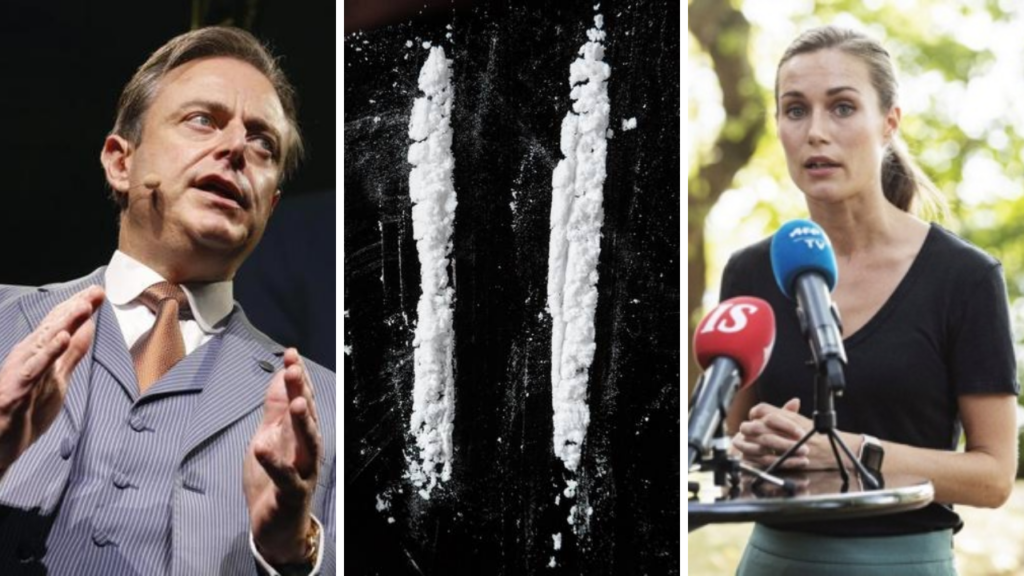For social issues that stink of double standards, the war on drugs must be one of the most undiluted tales of hypocrisy that still dominates public policy.
Since their inception, drug laws have been a tool to stigmatise, sideline and sanction groups that legislators see as a threat to their political supremacy. This systematic oppression has been carried out under the pretence of moral propriety and perpetuates division, crime, and addiction in many of our most deprived communities.
Like several other "wars" that governments wage, this one can't be won. Perhaps that's the point. Nonetheless, the fight claims victims and exposes the duplicity at the heart of the matter.
This was again clear in the allegations of drug use levelled at Finland's Prime Minister Sanna Marin after a video of her dancing "in a boisterous way" led critics to question her behaviour, saying it was not becoming of someone in her position. Apart from the obvious moral conservatism that such disapproval displays, Marin's gender and young age (and socially-progressive political orientation) can't be overlooked in the affair.
Marin subsequently took a drug test, which she passed. One can only speculate as to how other politicians might fare...
Illuminating as these media storms are, they also distract from the more real human cost of drug wars. It isn't only Columbian cartels that bring misery upon distant communities, Belgium has its own problems with Antwerp being a hub of the European drug trade.
This has seen a spate of attacks take place this summer, with feuding gangs presumed to be carrying out an explosive vendetta in the public arena. Antwerp's mayor Bart De Wever has had enough and has repeated previous calls for more robust measures to tackle the issue.
Today, De Wever vented his frustration at the inaction of the Federal Government and said that ministers were complicit. The mayor didn't mince his words as he admonished the impunity of the social elites who "sniff lines and pop pills like crazy."
Vowing to practice what he preaches, De Wever spoke of his desire to take a drug test every three months to prove himself a worthy figurehead of efforts to get tough on drug violence. And though he admits that eradicating drugs is a quest ultimately doomed to fail, De Wever stressed the need to curb the "parasitic" violence afflicting his city.
If we are to move towards more sensible drug policies, stamping out the double standards is a vital step. But are general drug tests the way to do this?
Let @Orlando_tbt know.
Belgium in Brief is a free daily roundup of the top stories to get you through your coffee break conversations. To receive it straight to your inbox every day, sign up below:
1. Van crashes into terrace in Brussels centre, six people injured
A van drove into a terrace in a side street of the Rue Neuve shopping street in the centre of Brussels on Friday afternoon, report the city's police and the fire services. Read more.
2. People don't want to see that their line of coke is tied to organised crime, says De Wever

Following a string of drug-related attacks and violent incidents in Antwerp over the past few weeks, the city's mayor Bart De Wever stated that the Federal Government is not doing enough to counter drug crime because the social elite uses drugs themselves. Read more.
3. Summer edition: What to do in Brussels this weekend – 26 August
Friday marks the start of the final weekend of summer but don't fear, there is plenty happening to cheer you in a final celebration. From festivals to free concerts, here's what's happening in Brussels this weekend. Read more.
4. Russia burns huge amounts of natural gas while European energy bills soar
Energy costs in Europe are rising, while Russia is burning huge amounts of natural gas that experts say was intended for export to Germany. A Russian gas plant near the Finnish border is burning an estimated €10 million worth of gas every day, according to a Rystad energy report shared with the BBC. Read more.
5. Flying the nest: Young Belgians leave the family home at 26
Leaving the parental home is a milestone in the transition from childhood to adulthood, a sign of financial independence and a step towards starting a family of your own. But the age at which people leave their family home varies greatly across Europe, highlighting regional challenges faced by young people. Read more.
6. Fewer than 1,000 Covid patients in hospitals for first time this summer
The number of Covid-19 patients in Belgian hospitals has dropped below 1,000 for the first time since 19 June, the latest figures from the Sciensano national health institute show. Read more.
7. Hidden Belgium: The Black Circuit hiking trail
It’s maybe not for everyone, but fearless walkers can follow the 22-kilometre Boucle Noire trail through the industrial wasteland around Charleroi. Read more.

